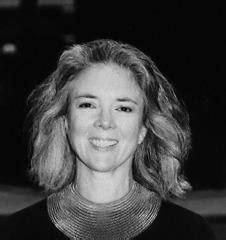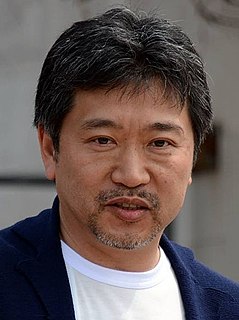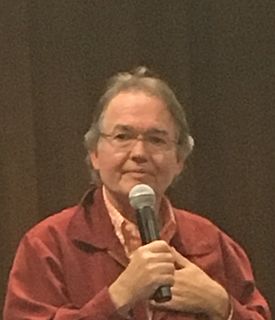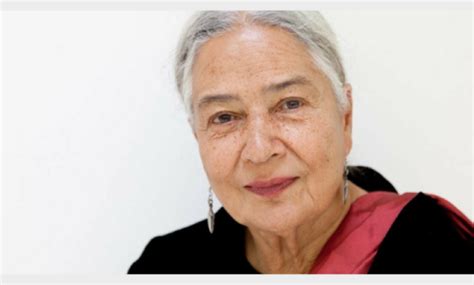A Quote by Beth Richardson Gutcheon
I've found in the past that the more closely I identify with the heroine, the less completely she emerges as a person. So from the first novel I've been learning techniques to distance myself from the characters so that they are not me and I don't try to protect them in ways that aren't good for the story.
Related Quotes
A short story is confined to one mood, to which everything in the story pertains. Characters, setting, time, events, are all subject to the mood. And you can try more ephemeral, more fleeting things in a story - you can work more by suggestion - than in a novel. Less is resolved, more is suggested, perhaps.
First person allows deeper insight into the protagonist's character. It allows the reader to identify more fully with the protagonist and to share her world quite intimately. So it suits a story focused on one character's personal journey. However, first person shuts out insights into other characters.
I think the success of every novel - if it's a novel of action - depends on the high spots. The thing to do is to say to yourself, 'Which are my big scenes?' and then get every drop of juice out of them. The principle I always go on in writing a novel is to think of the characters in terms of actors in a play. I say to myself, if a big name were playing this part, and if he found that after a strong first act he had practically nothing to do in the second act, he would walk out. Now, then, can I twist the story so as to give him plenty to do all the way through?
The love story between the hero and the heroine has to be at the center of the book. I think that's pretty true in my books. I usually write a secondary love story, with maybe nontraditional characters. Sometimes I write older characters. I'm interested in female friendships, and family relationships. So I don't write the traditional romance, where you just have the hero and the heroine's love story. I like intertwining relationships.
If you try to impose a rigid discipline while teaching a child or a chimp you are working against the boundless curiosity and need for relaxed play that make learning possible in the first place... learning cannot be controlled; it is out of control by design. Learning emerges spontaneously, it proceeds in an individualistic and unpredictable way, and it achieves its goal in its own good time. Once triggered, learning will not stop--unless it is hijacked by conditioning.
One easy mistake to make with the first novel is to expand the short story. Some things are better as a story; you cannot dilute things into a novel. I think the first hundred pages of a novel are very important. That's where you set things up: the world, the characters. Once you've set that up, it'll be much easier.



































